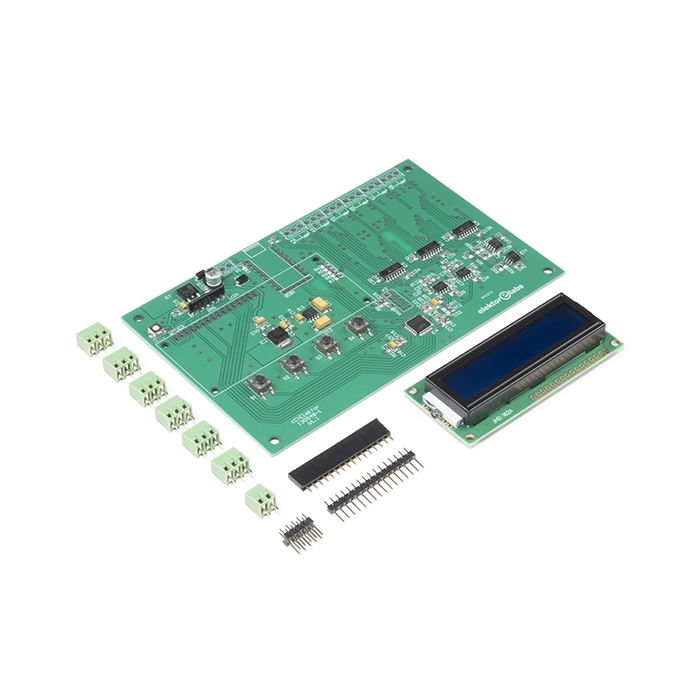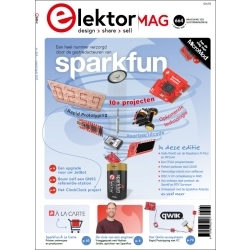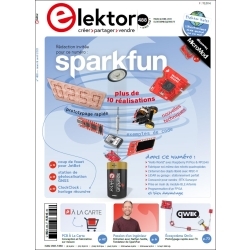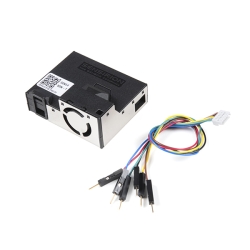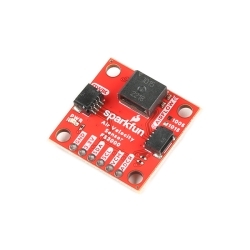Elektor 6-Channel Temperature Monitor & Logger – Partly Assembled Module
WIG-18013
Elektor 6-Channel Temperature Monitor & Logger – Partly Assembled Module
SKU: WIG-18013
$94.95
In stock
SKU
WIG-18013
The 6-Channel Temperature Monitor can measure temperatures from as low as −240°C up to +850°C (real-world limits greatly depend on the sensors being used).
Product Overview
The 6-Channel Temperature Monitor can measure temperatures from as low as −240°C up to +850°C (real-world limits greatly depend on the sensors being used). Up to six 3-wire PT100 sensors (not included) can be connected for measuring up to six temperatures. Measured temperature values are sent on a serial port for data logging and/or further processing. The kit includes an optional serial LCD for displaying readouts right on the board.
Note: The kit requires soldering, a Serial to USB converter, and 9V power supply. See related products for these and PT100 temperature sensors.
Similar Items
-
-
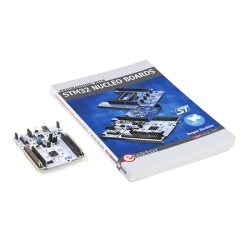 Elektor STM32 Nucleo Starter Kit
Special Price Current price: $39.95 Regular Price Original price: $51.50In stock
Elektor STM32 Nucleo Starter Kit
Special Price Current price: $39.95 Regular Price Original price: $51.50In stock -
-
-
-
-
Hookup Accessories
Documentation
Customer Reviews

Elektor 6-Channel Temperature Monitor & Logger – Partly Assembled Module
$94.95
WIG-18013

